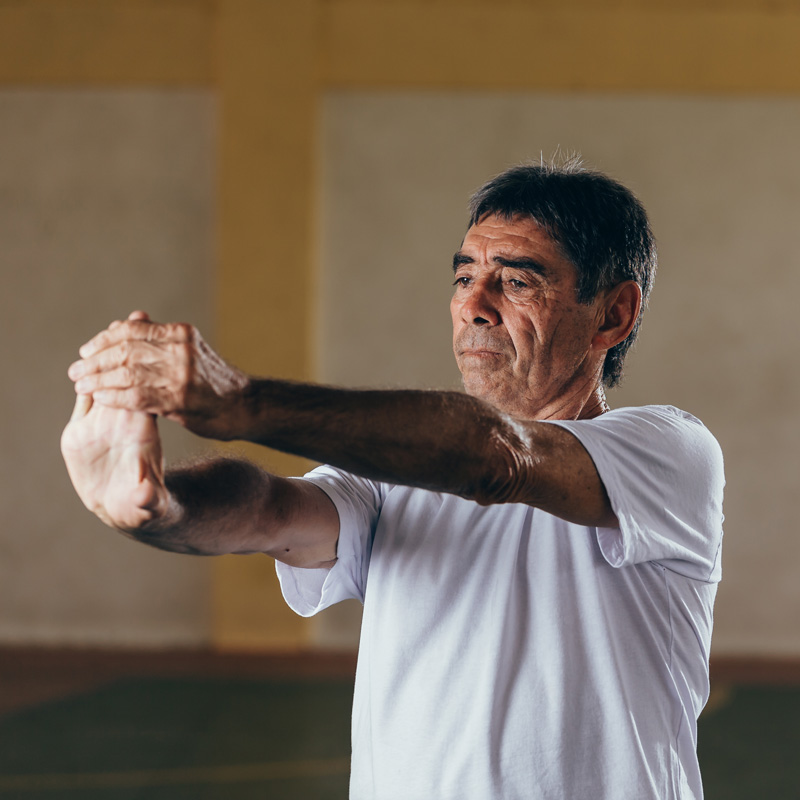Physical health. The absence of illness, disease, disability, violence, and other physical ailments which cause suffering in the form of physical pain, loss of function or vitality, or early death.


Physical health. The absence of illness, disease, disability, violence, and other physical ailments which cause suffering in the form of physical pain, loss of function or vitality, or early death.

Physical comfort and pleasure. How good our bodies feel affects our overall wellbeing. Examples include being the right temperature, eating tasty food, using comfortable furniture, affection, breathing clean air, and partaking in enjoyable exercise. Some of these may conflict with physical health, such as eating rich foods, while others, such as breaking clean air, promote good health.
Mental health and emotional state. Negative emotions, whether due to circumstances, or those without an identifiable cause, lower wellbeing. “Happy” emotions may manifest even in difficult times, and largely define wellbeing to many people. Higher order satisfaction such as deriving meaning from life and self-actualization, are also a major component of wellbeing.
Mental health is not perfectly synonymous with positive emotions. Delusions and dementia, for instance, interfere with an accurate perception of reality — something that most people say is important to them in and of itself.


Mental health and emotional state. Negative emotions, whether due to circumstances, or those without an identifiable cause, lower wellbeing. “Happy” emotions may manifest even in difficult times, and largely define wellbeing to many people. Higher order satisfaction such as deriving meaning from life and self-actualization, are also a major component of wellbeing.
Mental health is not perfectly synonymous with positive emotions. Delusions and dementia, for instance, interfere with an accurate perception of reality — something that most people say is important to them in and of itself.

Spirituality and character. The soul is as important as the body and mind for wellbeing. Spiritual wellbeing lies above even the highest level emotions and mentality as the ultimate determinant of one’s experience of life and wellbeing. Many Christians also consider spirituality a major factor in determining the afterlife of a person, such as one’s degree of inward devotion to God.
Character also forms much of wellbeing. Character affects life choices and perspectives, thus affecting other types of wellbeing for self and others. Character is stressed in the Bible more so than having a happy life.
Factors affecting happiness can be approached at the individual or collective level.
Ultimately, there is no difference between these two approaches to altruism. Social issues are factors affecting wellbeing and vise versa. However, searching for the most high impact activities from both the societal and personal perspectives makes it possible to unearth the most options of helping others and perform comparative analysis. It is important to consider both actual and potential factors that can affect an individual or society’s wellbeing. For instance, climate change may not have a noticeable effect on most people today, but it has the potential to dramatically affect many people in the future.


